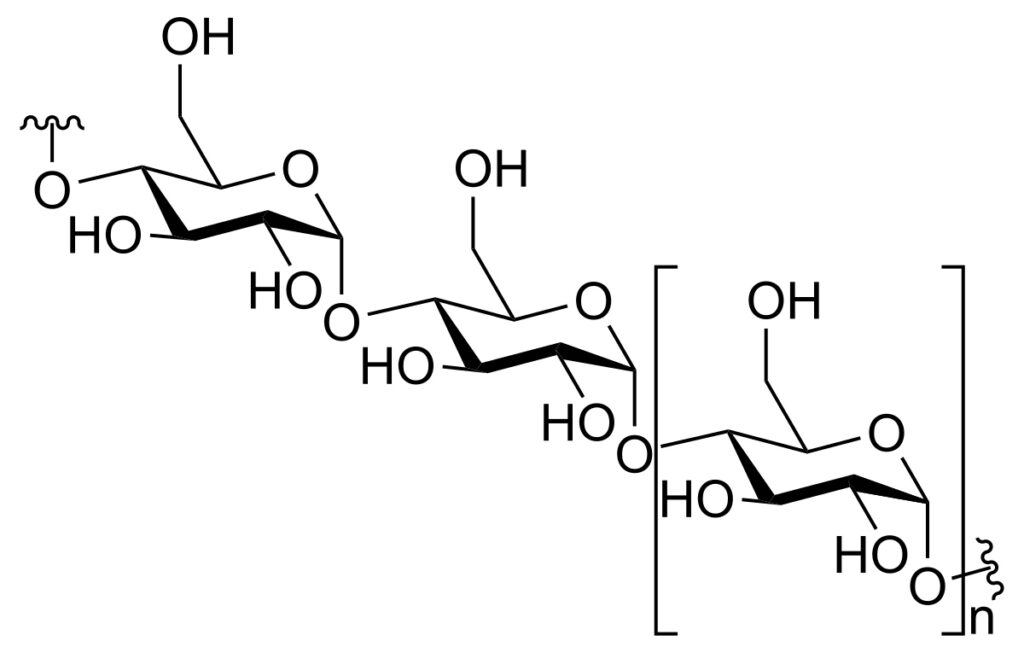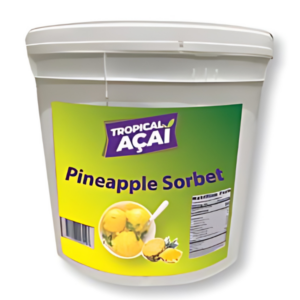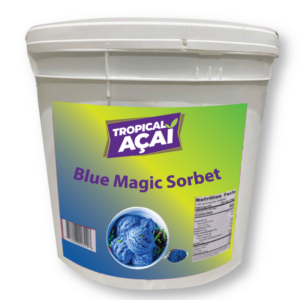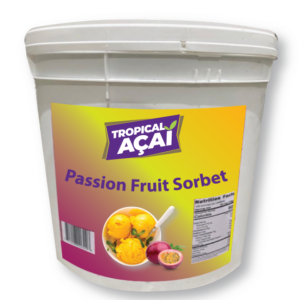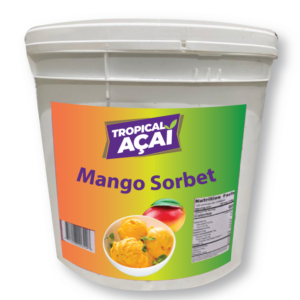Introduction: Unlocking the Immune Power of Acai Fruit
The Ascendance of Acai Fruit as a Health Supplement
The acai fruit has rapidly ascended to prominence in the health supplement arena. Known for its rich, deep purple hue, this Amazonian superfruit is celebrated for its dense nutritional profile, packed with antioxidants, vitamins, and minerals. Its widespread popularity transcends mere health trends, positioning acai as a staple in health-conscious diets globally.
But the acai fruit’s story extends far beyond its nutritional value. Recent scientific insights have unveiled its potential to enhance immune system function. A landmark study published in PLOS ONE investigates this aspect in-depth, transforming our perception of acai from a superfood to a key player in immune health.
Probing the Immune-Enhancing Properties of Acai Fruit
This pivotal research focuses on the acai fruit’s immune-enhancing properties, especially its polysaccharides, known for their potential to modulate immune responses. The study meticulously explores these components, shedding light on their profound impact on the body’s innate defense mechanisms. It marks a significant stride in understanding how this superfruit influences human health at a cellular level.
The research delves into how Acai’s polysaccharides stimulate the immune system. This aspect is particularly intriguing, as it suggests acai’s role in potential health strategies, especially in enhancing immune functions. The study’s findings open up new possibilities for integrating acai into health and wellness regimens, highlighting its significance beyond just a nutrient-dense food.
A Comprehensive Look at Acai Fruit’s Immune Response Study
The Acai Fruit’s Immune Response Study conducted by researchers presents a comprehensive analysis of the fruit’s impact on the immune system. This study goes beyond the superficial attributes of acai, diving deep into its biological interactions. The focus is not just on the fruit’s renowned nutritional profile but specifically on the main saccharides, mainly polysaccharides, which activate the body’s innate immune responses.
In this study, the researchers meticulously fractionated the crude polysaccharide preparation from acai. This process allowed for an in-depth examination of the various fractions and their specific activities in human peripheral blood mononuclear cell (PBMC) cultures. The most significant findings revealed that the largest polysaccharides in acai were the most active in stimulating immune responses, both in vitro and in vivo. This detailed exploration enhances our understanding of acai’s health benefits, particularly in the context of immune health.
Methodology Behind the Acai Fruit Study
The Process of Isolating Acai Fruit Polysaccharides
The study’s approach to isolating polysaccharides from acai fruit was a pivotal part of the research. This process involved carefully extracting these complex carbohydrates, which are integral to the immune-enhancing properties of acai. The research team used specific techniques to ensure the isolation of polysaccharides was precise, allowing for a clear assessment of their role in immune response.
Furthermore, the isolation process was crucial in determining the specific types of polysaccharides present in acai, determining extraction and action, and understanding the structural characteristics of these polysaccharides, which play a significant role in their biological activity.
Techniques for Extracting Acai Fruit Polyphenols
In parallel with polysaccharide extraction, the study also employed meticulous techniques for extracting polyphenols from acai. Polyphenols are known for their antioxidant properties and potential health benefits. The extraction method was critical to separate these compounds effectively, ensuring their purity for the study.
The importance of this step lies in the fact that polyphenols have different health implications compared to polysaccharides. By isolating these compounds separately, the study could more accurately evaluate their distinct contributions to immune health and the overall benefits of acai fruit.
A Detailed Analysis of Acai Fruit’s Polysaccharides
The study further characterized their specific types by providing a detailed analysis of the polysaccharides of acai fruit. This involved physical methods to identify type II arabinogalactan structures within the acai polysaccharides. This level of detail was essential to understand how these particular structures might influence immune responses.
The analysis also focused on assessing the bioactivity of these polysaccharide fractions. By doing so, the research shed light on which components of acai fruit were most effective in stimulating the immune system, providing a deeper understanding of its health benefits.
Ensuring Purity: Removing Endotoxins from Acai Fruit
A crucial step in the study was removing potential endotoxins from acai fruit extracts. This was essential to ensure that the observed immune responses were solely due to acai’s components and not contaminated by external factors. The process involved using specific gels and buffers designed to bind and remove these unwanted substances.
The significance of this step cannot be overstated. It underscores the study’s commitment to accuracy and reliability, ensuring that the results reflected the acai fruit’s actual properties and were not influenced by external contaminants.
Cultivating Cell Cultures in Acai Fruit Research
For the study, cultivating cell cultures was an integral part. This involved growing human monocyte-macrophage cells under controlled conditions. These cell cultures were then exposed to the acai extracts, allowing researchers to directly observe and measure the immune response.
This methodology was vital to understanding how acai components interact with human cells. It provided a realistic model to study the potential immune-enhancing effects of acai fruit in a controlled environment, mimicking how these interactions might occur in the human body.
Utilizing Flow Cytometry in Acai Fruit Studies
Finally, the study used flow cytometry to measure cell activation. This sophisticated technology allowed for the detailed analysis of how cells respond to acai extracts. Using this method, researchers could quantify changes in cell populations and activation markers, providing concrete data on the immune response.
Flow cytometry was essential in quantitatively measuring the study’s findings. It enabled the researchers to objectively assess the impact of acai fruit extracts on various cell types, adding a layer of precision to their conclusions.
References
- Holderness J, Schepetkin IA, Freedman B, Kirpotina LN, Quinn MT, Hedges JF, et al. (2011). Polysaccharides Isolated from Açaí Fruit Induce Innate Immune Responses. PLoS ONE 6(2): e17301. Available online.

